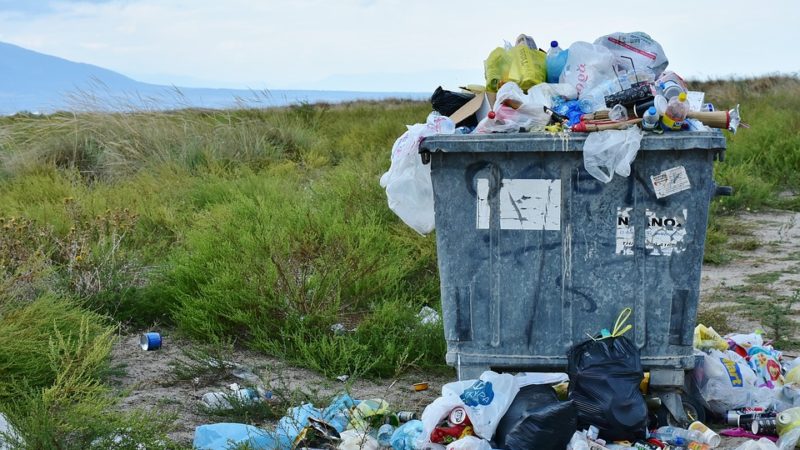
This week the government introduced legislation to ban the supply of single-use plastic straws, single-use plastic-stemmed cotton buds and plastic drink stirrers in England. Finally, something we can applaud the government for – until you dig a little deeper and find it is once again an inadequate response to a growing problem.
There can be no question that the plastic industry has become unsustainable. In 1950 we produced 1.7 million tonnes of plastic a year; today we produce a staggering 350 million tonnes. It is estimated that we use 4.7 billion plastic straws, 316 million plastic stirrers and 1.8 billion plastic-stemmed cotton buds every year.
But my problem is not that the government is tackling the problem of plastic. My problem is that it’s not tackling the problem of single-use. The Department for Food and Rural Affair’s own impact assessment of this regulation has assumed that plastic will be replaced on a like-for-like basis with single-use paper straws and wooden stirrers.
In 2018, McDonalds, facing huge public backlash due to images of their distinctive striped straws on picturesque beaches around the world, made the move to paper straws. Today they use 1.8 million straws a day, which equates to a staggering 675 million a year. But, although not plastic, these straws still can’t be recycled and end up being incinerated or added to landfill. Similarly, M&S, Pret A Manger and many other outlets have all begun to move to wooden cutlery, but again most of these end up in landfill or incineration.
While the government is patting itself on the back for a ban on plastics on three items, it has just shifted the environmental problem without tackling the fundamental crisis at the centre of our throwaway culture. We urgently need an ‘extended producer responsibility scheme’ like that being considered in the EU. Such a programme puts an obligation on the producer to create more sustainable products – failure to do so leads to financial penalties, and the money raised is reinvested in innovation and clean up.
Fast fashion and a boom in non-repairable goods have led to not just straws and cotton buds being thrown away, but almost everything we consume. We are creating and destroying at an alarming rate. Unless we move rapidly to a more circular economy, the resulting waste problem is going to have devastating effects on future generations.
As we face a climate and ecological crisis, we now need to stop making piecemeal changes and start having some hard conversations about changing corporate and consumer behaviour. Our short-term convenience must not come at the cost of our planet.




More from LabourList
‘The hope that kills you’: Reflections from the final day in Gorton and Denton
MPs, union leaders and organisations react to ‘bruising’ Gorton and Denton result
A gory night for Labour